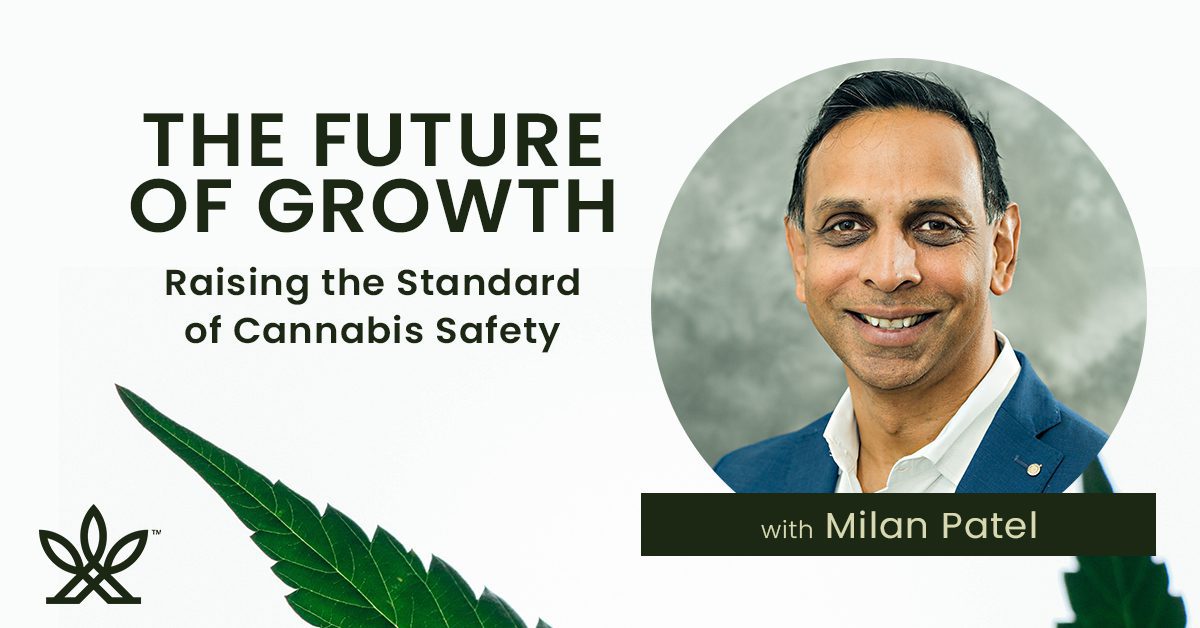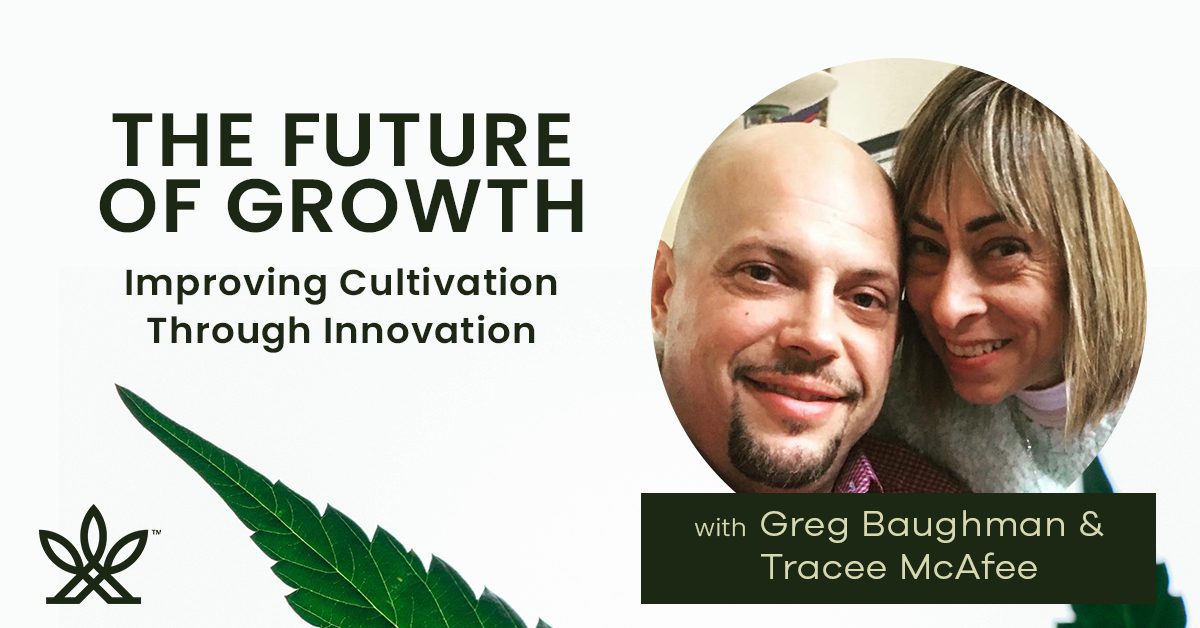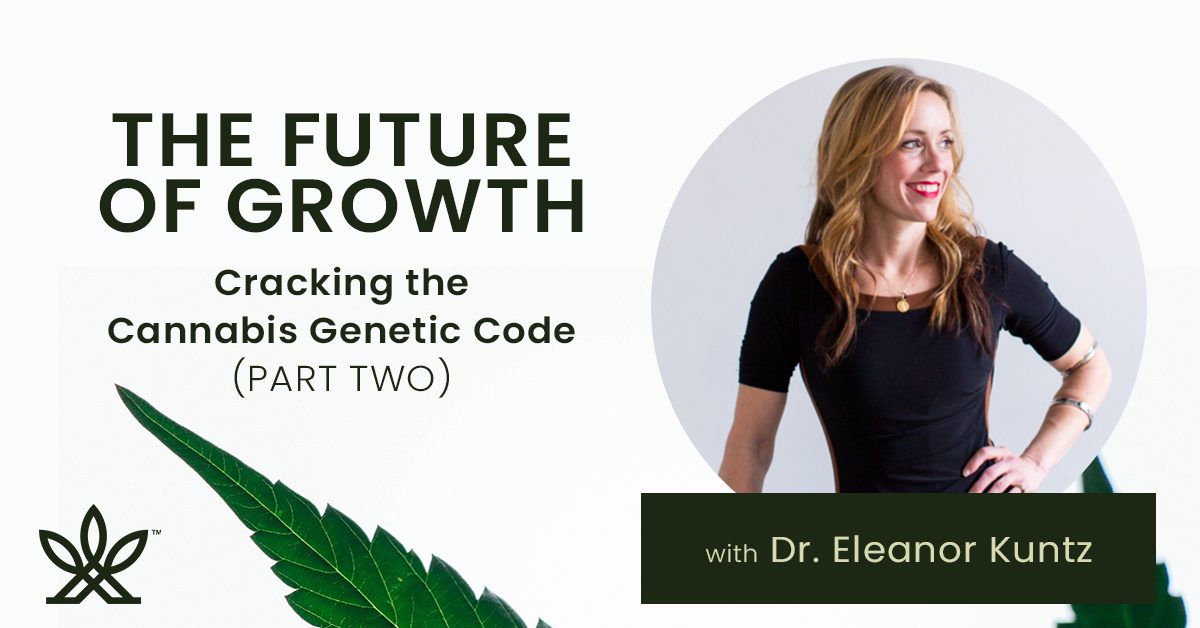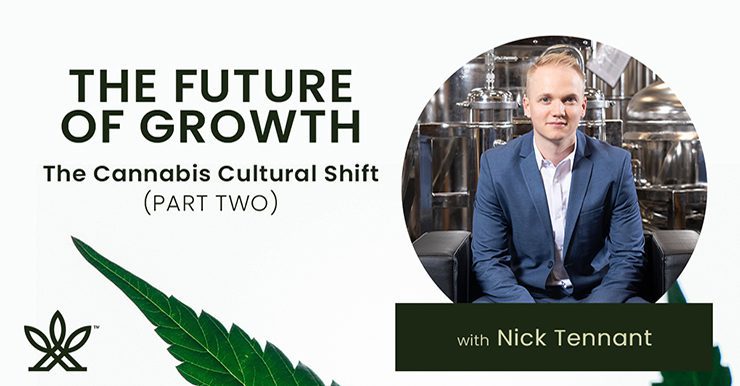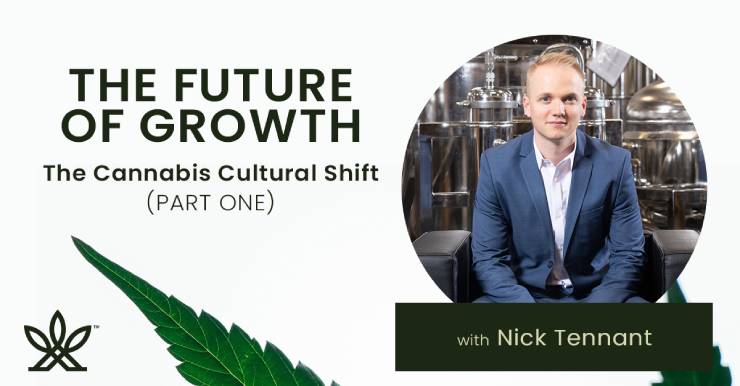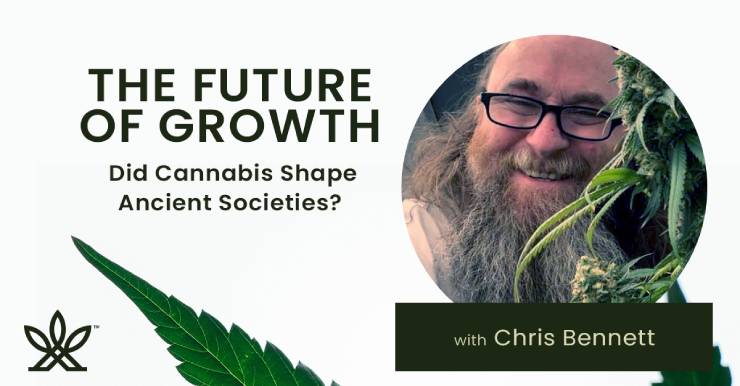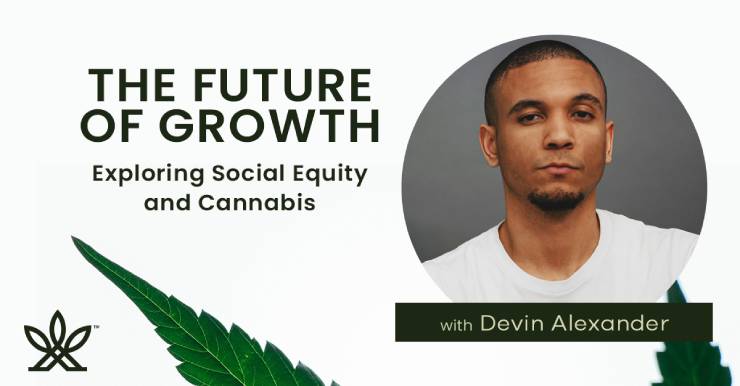
While the ongoing push for adult-use cannabis is seen as a societal win, cannabis activists have become louder in their calls for a legal cannabis industry that’s accessible to communities disproportionally affected by the War on Drugs, particularly communities of color.
On this episode of Agrify’s The Future of Growth podcast, Chief Science Officer David Kessler sat down with Devin Alexander, CEO and co-founder of Rolling Releaf. As an active cannabis advocate from Quincy, Massachusetts, Alexander helped start the Black-owned cannabis delivery company to help make the state’s adult-use cannabis system more accessible to other potential business owners.
Along the way, Alexander shares his story of growing up in a family that consumed cannabis, his eventual non-violent arrest for cannabis possession, and his rise to become a respected entrepreneur and a voice for positive change.
Finding focus in cannabis
Growing up in Massachusetts, Alexander said his name could have been synonymous with cannabis among his peers. Having always had a connection with the plant, he said it all started with his family, since his parents and grandparents regularly consumed cannabis.
“Cannabis was always a part of my life even before I actually knew what it was… I knew the smell of it before I knew what was going on,” Alexander said. “It would have never seemed like a bad thing to me, ever.”
Things eventually came to a head, however, when he was arrested for cannabis possession during his senior year of high school. Charged with a non-violent drug offense for having under seven grams of cannabis on him, Alexander’s plans of enlisting in the U.S. Air Force came to a halt. Having not taken the SATs or intending on attending college, he said he had to rethink his next steps.
“This arrest came about and that derailed everything,” he said. “I really had to think on my feet and figure out what my next step was going to be.”
After earning a degree and starting a job as a pharmacy tech, he eventually set his sights on a career in the cannabis industry once a dispensary opened in his hometown.
“I decided right then [when the dispensary opened] that you’re going to see me in a dispensary one day,” he said. “That’s when I knew I wanted to work in cannabis.”
Budding into a community activist
It was during his time working as a dispensary associate that Alexander says he started to recognize how cannabis and his job at the dispensary intersected with his community. After years of prohibition in Massachusetts, people were now freely able to buy and consume cannabis. What particularly opened his eyes was when he would regularly see patients from the pharmacy at his prior job begin to buy medical cannabis at his dispensary.
“All the people that I grew up with [were] coming into the dispensary and their parents were coming to the dispensary,” he said. “Even some of the same customers I used to serve at CVS came over to the dispensary and they [would] tell me stories about how they’re able to reduce their intake of opiates.”
Eventually, as more people came in and recognized Alexander, his bosses decided to tap into that by promoting him to the dispensary’s director of community outreach. Armed with that new position, Alexander said he began working to help people understand the benefits of the state’s medical cannabis program, since information was hard to come by.
“You really have to be in the know to know about the medical program and know where the dispensaries are and how to get your medical card,” he said. “People had to figure a lot out for themselves.”
Along with providing information about the medicinal cannabis program, Alexander eventually went on to organize multiple community efforts, including neighborhood cleanups, fundraisers for local animal shelters and homeless shelters, and the county’s first organized expungement day, where activists and pro-bono attorneys helped people with non-violent cannabis offenses clear their records.
In the wake of recent legislative efforts in other states and more socially progressive measures to fix the injustices surrounding the War on Drugs, Alexander said it was “maddening” that more wasn’t being done by states to right the wrongs.
“When New York legalized [cannabis], they introduced automatic expungement. People didn’t have to go through the court system; the governor just helped erase all those [charges] with one stroke of his pen,” Alexander said. “That should be the standard moving forward for all states that come on for legalization.”
Starting his business, and the state programs that helped
Having grown up in Quincy, Mass., Alexander was eligible for a program organized by the Massachusetts Cannabis Control Commission called the “Social Equity Program (SEP). The program, designed to support social equity in Massachusetts’ cannabis industry, allows eligible entrepreneurs from Areas of Disproportionate Impact throughout the state to access free resources to help them participate in the industry. Quincy is one of those Areas of Disproportionate Impact.
The program ultimately helped Alexander and other entrepreneurs get their foot in the door of a budding industry. He said that without the SEP and other resources like the state’s Office of Economic Empowerment, it would have been much more likely that larger companies with more resources would have filled the spaces that Alexander and other business owners do now.
Eventually, Alexander said he decided that the next step was to start his own business, but wanted it to be socially conscious. Though many people in his position would find it hard to start, Alexander said he found strength and confidence in his mother.
“My mother instilled the confidence in me. She was like ‘Dev, do you know the game, you’re passionate, and you’re a hard worker who knows it better than the people running it. You can do this,’” he said. “That’s all I needed right there. If my mother supports me, that’s a wrap.”
Listen to more The Future of Growth podcast episodes
New episodes of The Future of Growth are released twice per month. Hosted by Chief Science Officer David Kessler, The Future of Growth showcases guests who share their unique perspectives and experience on where the cannabis industry is headed. You can read recaps of past episodes on the Agrify blog, and subscribe to the podcast on Spotify, Anchor, Google Podcasts, Breaker, Radio Public and Pocket Casts.
Read the recaps for previous episodes below:
- Cannabis as Produce: Cooking, Healing and Wellness, with Robyn Lawrence
- Craft Cannabis, Cultivar Preservation and Eco-Responsibility, with “Medicine Hunter” Chris Kilham
- The Indelible Mark of Cultivars, with Jimi Devine of LA Weekly
- Uniting Chemistry with Cultivation, with Steve Albarran of Confident Cannabis
